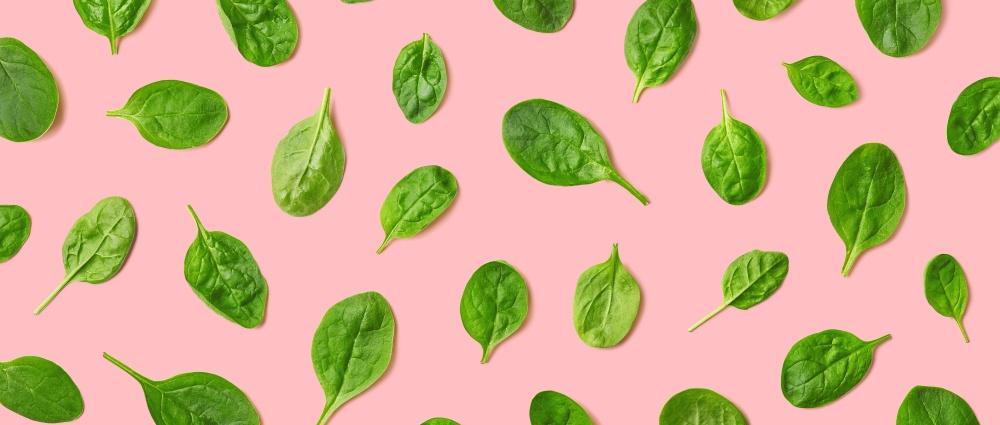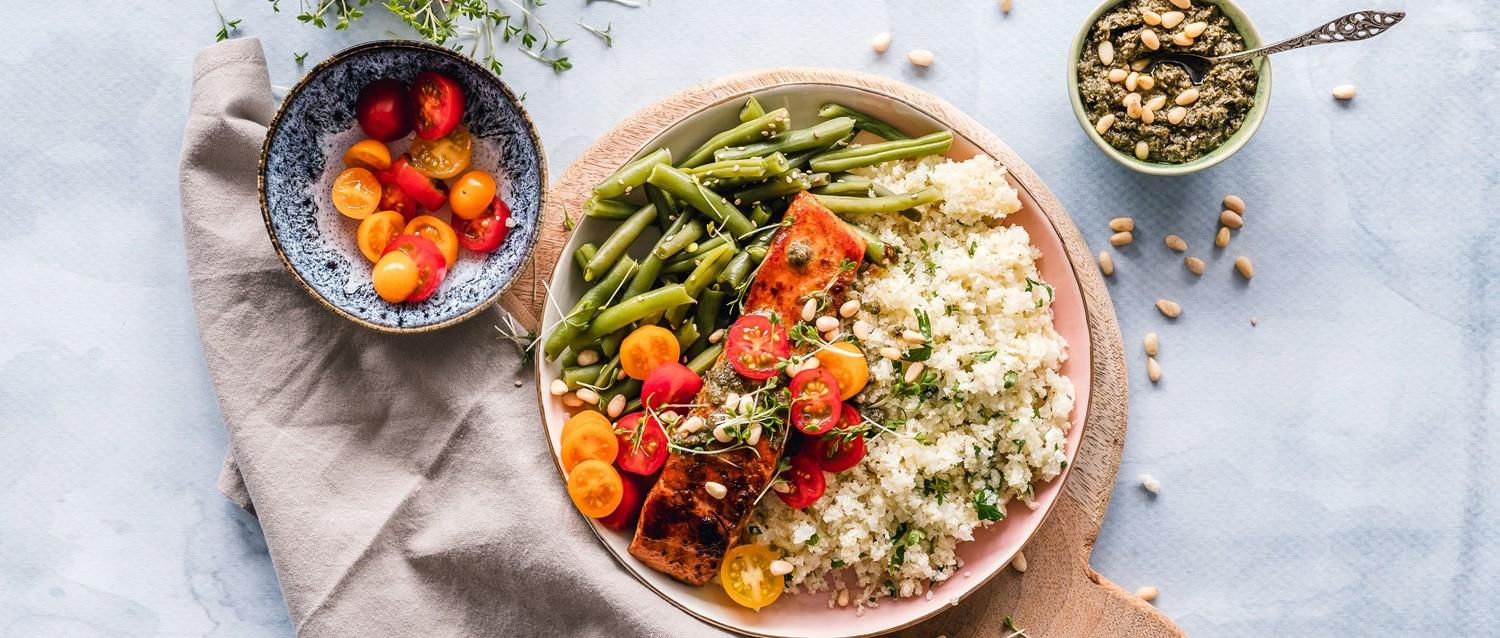
Acid reflux diet: foods to eat and avoid
Peer reviewed by Dr Colin Tidy, MRCGPLast updated by Lynn StephenLast updated 21 Oct 2025
Erfüllt die Anforderungen des Patienten redaktionelle Richtlinien
- HerunterladenHerunterladen
- Teilen Sie
- Sprache
- Diskussion
Wenn Sie nach dem Essen einen brennenden Schmerz in der Brust oder im Hals verspüren, leiden Sie wahrscheinlich an saurem Reflux - ein Gefühl, das man gemeinhin als Sodbrennen bezeichnet. Einige Nahrungsmittel lösen dieses lästige und unangenehme Symptom eher aus. Wenn Sie also nach den Mahlzeiten immer wieder damit konfrontiert werden, kann es hilfreich sein, darauf zu achten, wie Sie essen und was Sie essen.
In diesem Artikel:
Lesen Sie unten weiter
Was ist saurer Reflux?
Acid reflux, also known as gastro-oesophageal reflux disease (GORD) is caused by acid from the stomach leaking up into your food pipe (oesophagus).
When we say we have heartburn, we're describing the feeling of acid reflux - that burning pain in your chest. Acid reflux can also cause this sensation in your throat.
Was verursacht sauren Reflux?
The symptoms can be caused by several different factors in your body:
Your stomach may be producing too much acid. One of the triggers for this can be stress.
The muscle ring (sphincter) at the bottom of your food pipe may be too relaxed and open, allowing food and acid to reflux upwards. Alcohol and smoking both relax the sphincter.
In people with a hiatus hernia, stomach contents can reflux easily into your oesophagus.
Your stomach may be slow to empty after eating. This is more likely if you eat a fatty meal.
Something may be increasing the pressure in your tummy (abdomen), forcing stomach contents upwards. Factors which increase the pressure include tight clothing, obesity, pregnancy and coughing.
Schema des oberen Darms und der benachbarten Organe

Schema eines normalen Magens

Lesen Sie unten weiter
What can trigger acid reflux?
It is helpful to try to identify whether there are any particular foods which trigger your acid reflux. It might be a good idea to keep a food diary for at least a week, recording what you eat and drink and what symptoms you have.
There is quite a big list of foods which are said to cause acid reflux. However, they may not all apply to you. For some people, acid reflux may not be triggered by particular foods at all but by other factors. Sometimes the trigger may be a combination of foods and other factors.
There are lots of factors around eating which can make these symptoms worse:
Eating late at night. If possible, don't eat a large meal within three hours of going to bed.
Eating just before you exercise.
Eating large meals.
Eating quickly.
Obesity. Even a moderate weight loss may help to reduce symptoms.
Having a lot of fluid to drink with a meal.
Foods to avoid with acid reflux
There are some foods which individual people find make acid reflux worse. An acid reflux diet doesn't have to mean missing out on all these foods - your food triggers may be different. But these foods have all been suggested as reflux triggers, so it's worth noting if you get symptoms after eating any of them.
Foods to avoid:
Schokolade.
Mint.
Tomaten.
Zwiebeln.
Knoblauch.
Citrus fruits - such as oranges and lemons.
Caffeinated and fizzy drinks.
Kaffee
Paprika.
Gurke.
Spicy foods.
Processed meats - for example, salami, bacon.
Lesen Sie unten weiter
How to get rid of acid reflux
An acid reflux diet involves cutting all of the suggested foods out of your diet for one or two weeks to see if your symptoms disappear. If they do disappear then you could add these foods back into your diet one at a time to see if they are what is causing your reflux.
If your symptoms come back, perhaps because of other factors as listed above, you may need to cut out potential triggers again until the symptoms have settled down.
Foods to eat with acid reflux
There aren't any specific foods to eat to treat that feeling of heartburn, but in general, a healthy diet is associated with a lower chance of acid reflux symptoms.
In particular:
Fresh fruits and vegetables, especially raw fruits and leafy green vegetables.
Non-acidic fruit, such as melons and bananas, may be better than more acidic fruits - such as oranges.
Good bacteria (probiotics), such as those found in yoghurt.
Indigestion and heartburn are rarely due to a serious cause, but there are some possible warning signs which should be checked out by a doctor.
Symptome, die man bei Sodbrennen nicht ignorieren sollte:
Persistent heartburn or indigestion (acid reflux, dyspepsia).
Erbrechen nach dem Essen.
Sättigungsgefühl nach kleinen Mengen an Nahrung.
Das Essen bleibt beim Schlucken hängen - Schluckbeschwerden (Dysphagie).
Gewichtsverlust.
Schmerzen im vorderen oder hinteren Teil der Brust beim Schlucken.
Appetitlosigkeit.
Anhaltende Magenschmerzen.
New feeling of being tired all the time (fatigue).
Dunkler Kot - wenn er schwarz oder teerig ist, rufen Sie sofort einen Krankenwagen, da es sich um eine Magenblutung handeln könnte, die lebensbedrohlich sein kann.
Patienten wählen aus für Verdauungsstörungen und Sodbrennen

Gesundheit der Verdauung
IBS-Diät: Lebensmittel, die man essen und vermeiden sollte
Die Behandlung des Reizdarmsyndroms (IBS) kann über die Ernährung und den Lebensstil erfolgen. Menschen mit Reizdarmsyndrom sollten versuchen, ihre Symptome schrittweise zu behandeln. Das kann so einfach sein wie eine gesunde Ernährung und eine Änderung der Lebensgewohnheiten. Es gibt auch etwas strengere und spezifischere Methoden, um die Symptome mit einem Plan namens Low-FODMAP-Diät zu behandeln.
von Victoria Raw

Gesundheit der Verdauung
Wie man Verdauungsstörungen loswird
Verdauungsstörungen sind sehr häufig und können jeden Menschen unterschiedlich treffen. Glücklicherweise gibt es Möglichkeiten, sie in den Griff zu bekommen, und die meisten davon sind einfache Änderungen der Lebensweise.
von Emily Jane Bashforth
Lesen Sie unten weiter
Artikel Geschichte
Die Informationen auf dieser Seite wurden von qualifizierten Klinikern geprüft.
Nächste Überprüfung fällig: 22 Oktober 2028
21 Okt 2025 | Neueste Version
10 Sept 2017 | Ursprünglich veröffentlicht
Verfasst von:
Dr. Jan Sambrook, MRCGP

Fragen, teilen, verbinden.
Stöbern Sie in Diskussionen, stellen Sie Fragen, und tauschen Sie Erfahrungen zu Hunderten von Gesundheitsthemen aus.

Fühlen Sie sich unwohl?
Beurteilen Sie Ihre Symptome online und kostenlos
Melden Sie sich für den Patienten-Newsletter an
Ihre wöchentliche Dosis klarer, vertrauenswürdiger Gesundheitsratschläge – geschrieben, damit Sie sich informiert, sicher und unter Kontrolle fühlen.
Mit Ihrer Anmeldung akzeptieren Sie unsere Datenschutzerklärung. Sie können sich jederzeit abmelden. Wir verkaufen Ihre Daten niemals weiter.